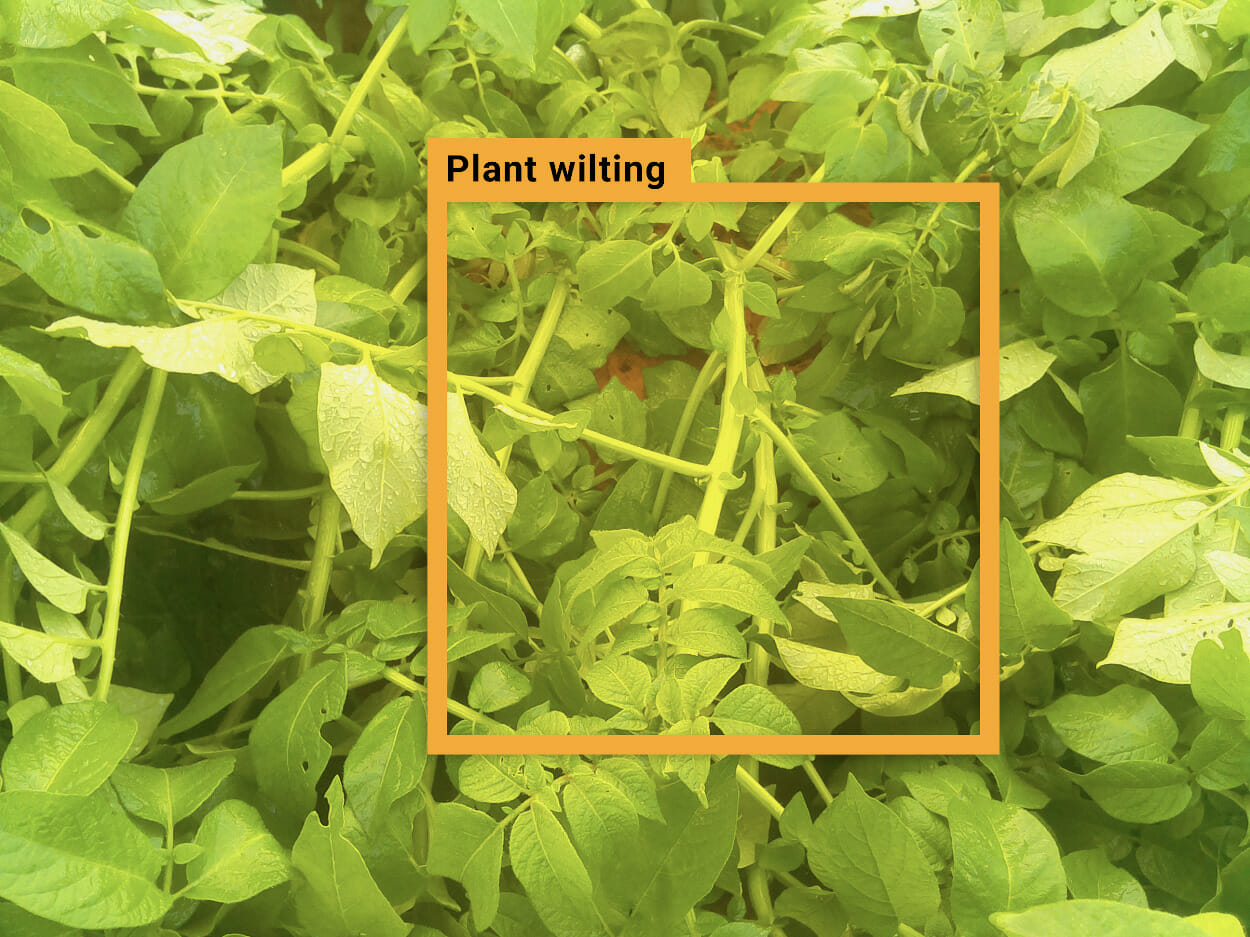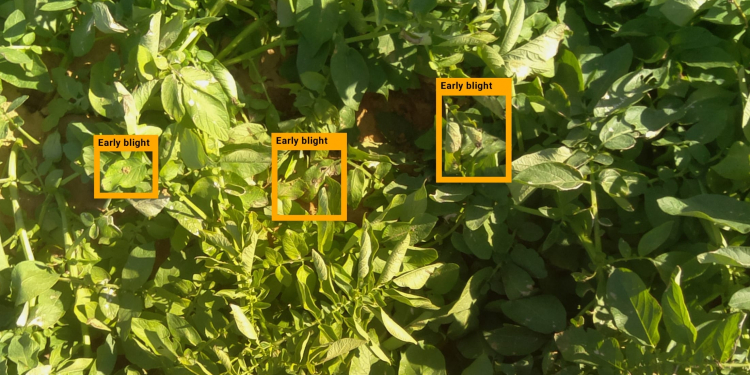Two companies want to deploy ‘autonomous crop management machines’, are working to develop irrigation pivots that do more than apply water and/or crop protection products. Irrigation is a critical production practice on more than 58 million acres in the U.S.
Valmont Industries and Prospera Technologies are working to transform pivots into networked multi-tasking machines with a goal of having their new technologies used on 1 million acres by 2020 growing season.
Based in Tel Aviv, Israel, Prospera has developed data analytics and computer vision technology that can be applied to every pass the irrigation pivot makes. The Prospera artificial intelligence algorithm is enhanced with pivot-mounted sensors, as well as other remote sensing technologies, which is then used to automatically adjust the water, crop protection or other production decisions.
“There’s great potential to combine these worlds: machine learning with a physical instrument—the pivot that is in the field,” says Prospera Chief Executive Officer Daniel Koppel. “We are creating a smart robot. We are going to incorporate three layers of data—pivot-mounted sensors, data from the air, and images from satellites.”

Valmont’s Valley Irrigation brand has launched anomaly detection as the first step in this project.
“Our first iteration is Valley Insights, which tells the grower or the agronomists there’s an issue out in the field so they can know exactly where to go to resolve the issue,” says Darren Siekman, vice president of water delivery and business development for Valley. “While our focus has been to apply the right amount of water at the right time in the right place, our infrastructure also gives us new opportunities to help maximize production.”
Koppel says the goal of this partnership is to provide insights to grower on every plant in the field by taking much of their greenhouse experience and scaling it across acres of crops. The company’s background includes currently monitoring more than $5 billion of greenhouse production. Their testing on the Valley integration has already started this season in potatoes in Washington and will also include corn and soybeans in Kansas and Nebraska later this year.
While Koppel says the companies have the intention to bring this product to market very fast, he notes this gives a new opportunity to consultants and agronomists.
“A big part of what we’re doing will be a solution for crop advisers, ag retailers and other players in the chain – everyone can play a very big part in this technology,” he says.








